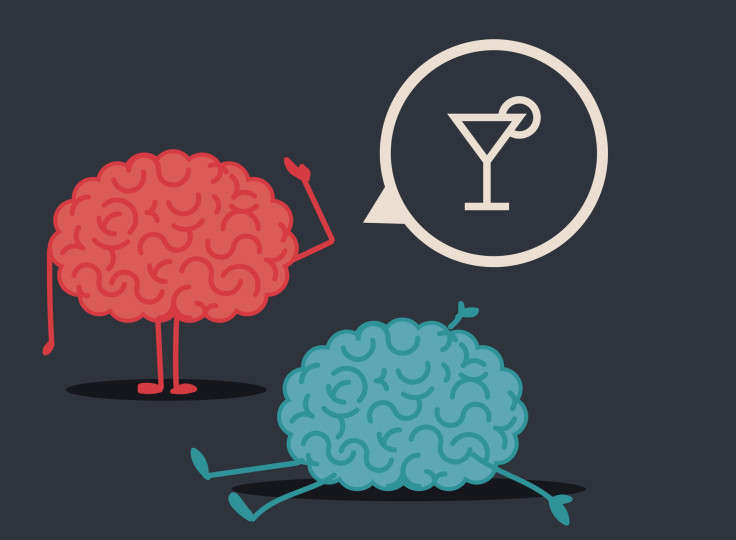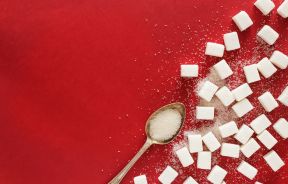Binge Drinking Area Of Brain Identified And Turned Off, Could Lead To Alcoholism Medication

Binge drinking blackouts have never been by any stretch of the imagination good for the mind or body, and that’s why scientific research has invested time into figuring out how to stop it from happening in the first place. New research published in the journal Nature Neuroscience reveals how the stress and reward areas of the brain could prevent alcohol abuse and hopefully alcoholism altogether.
After systematically searching the brain for an on/off switch, researchers from the University of North Carolina (UNC) identified a natural protein in the brain called neuropeptide Y (NPY) that was able to suppress binge drinking behavior. Drinking copious amounts of alcohol to the point of binge drinking is considered four or more for women and five or more for men within a two-hour span, according to the National Institute on Alcohol Abuse and Alcoholism (NIAAA).
"Specifically, we found that NPY acted in a part of the brain known as the extended amygdala, or bed nucleus of the stria terminalis, that we know is linked to both stress and reward,” said study lead researcher Thomas L. Kash, from the University of North Carolina’s Bowles Center for Alcohol Studies, in a press release.
“This anti-drinking effect was due to increasing inhibition (the brakes) on a specific population of cells that produce a ‘pro-drinking’ molecule called corticotropin releasing factor (CRF), Kash said. “When we then mimicked the actions of NPY using engineered proteins, we were also able to suppress binge alcohol drinking in mice. Finally, we found that this anti-drinking NPY system is altered by long-term alcohol drinking in multiple species, suggesting that this may be either a potential biomarker or treatment target for alcohol abuse or dependence.”
Previously, scientists found brain signals from CRF increased a person’s anxiety. But once they produced NPY located in the stress and reward region of the brain, it turned off CRF, so the person no longer felt anxiety or the need to overdrink. If a medication is manufactured that’s able to target NPY and turn off CRF, it could stop them from wanting to do another shot or keg stand. The researchers also believe the NPY suppression system could be used as a marker to diagnose people who already have a history of alcohol abuse because the system functions differently for a person who has been binging long enough.
“This study is an important contribution to our knowledge of the neurobiology of alcohol use disorders and could open new avenues for medication development,” George F. Koob, director of the NIAAA, said in a press release.
Source: Kash TL. Nature Neuroscience. 2015.



























